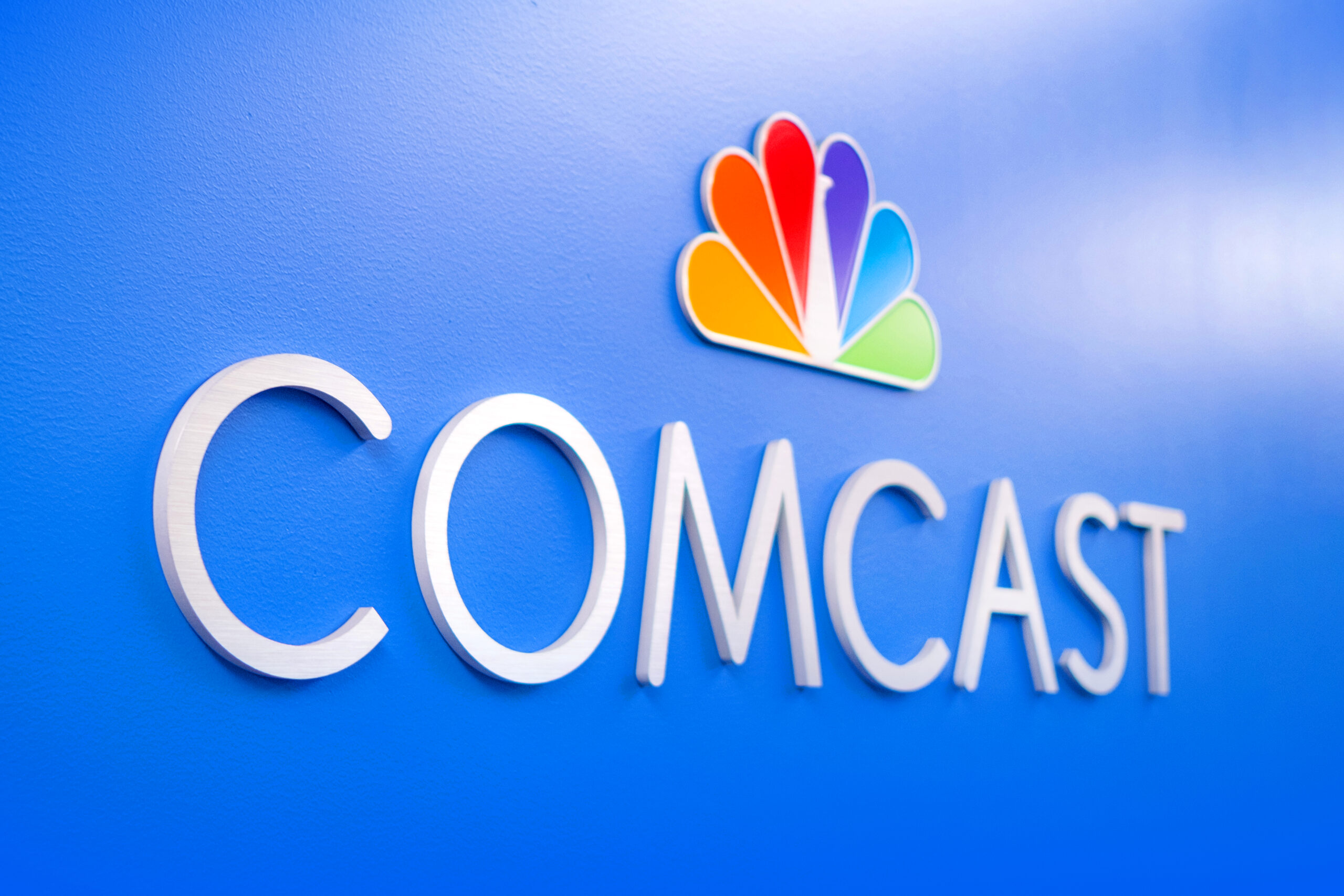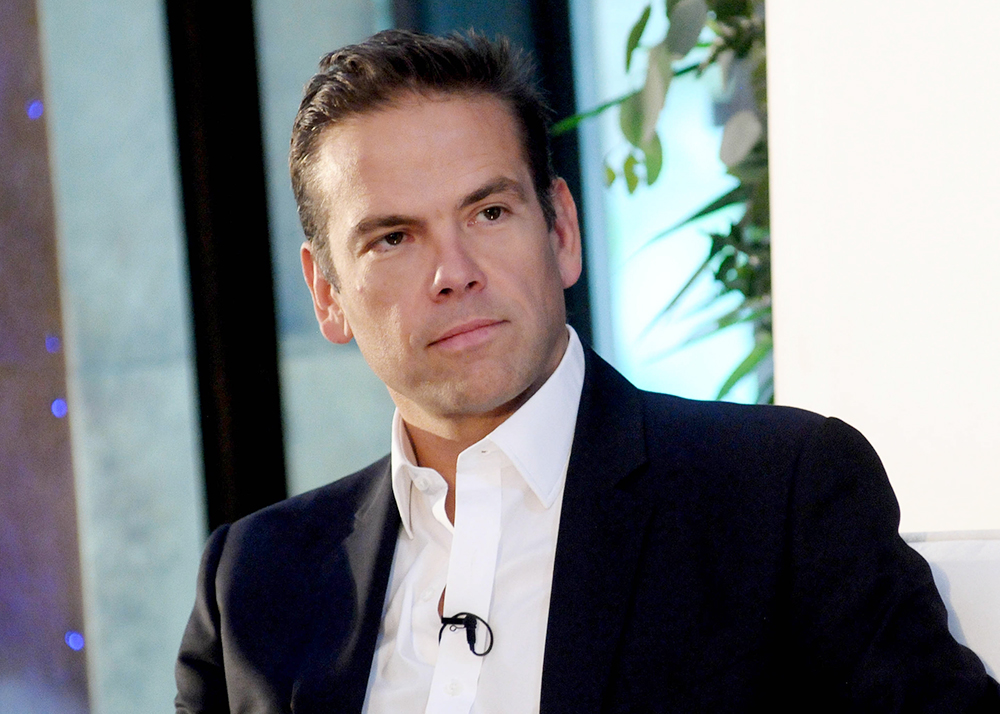Comcast’s Reluctance to Merge Reflects a Corporate Culture Stifled by Fear, Not Strategy, as Industry Giants Eye Consolidation in a High-Stakes Game of Monopoly
In recent discussions surrounding the potential for mergers and acquisitions (M&A) in the media landscape, Comcast’s leadership has taken a notably cautious stance. During the company’s third-quarter earnings call, co-CEO Mike Cavanagh articulated a sentiment that resonates deeply within the corporate world: “the bar is high” for considering any major merger. This statement not only reflects Comcast’s internal deliberations but also highlights a broader trend in the industry where companies are weighing the risks and rewards of consolidation amid an evolving market.
The media and entertainment sector has witnessed significant upheaval over the past few years, with various companies exploring M&A opportunities to bolster their market positions. The interest surrounding Warner Bros. Discovery, for instance, has stirred speculation about potential partnerships and acquisitions that could reshape the competitive landscape. However, Comcast’s cautious approach raises questions about its strategic vision and the implications for its future growth.
Historically, mergers and acquisitions have been a double-edged sword for corporations. On one hand, successful mergers can lead to increased market share, enhanced operational efficiencies, and improved financial performance. On the other hand, failed mergers can result in significant financial losses, cultural clashes, and operational disruptions. This inherent risk has led many companies, including Comcast, to adopt a more conservative approach in their M&A strategies.
Cavanagh’s comments suggest that Comcast is acutely aware of the challenges associated with M&A activity. The phrase “the bar is high” implies that the company is not only considering financial metrics but also the strategic fit and cultural alignment of any potential merger partner. This level of scrutiny is essential in an era where consumer preferences are rapidly changing, and technological advancements are reshaping the media landscape.
Moreover, the current economic climate adds another layer of complexity to M&A considerations. With rising interest rates and inflationary pressures, companies are facing increased scrutiny from investors and analysts alike. The cost of capital has risen, making it more challenging for firms to finance acquisitions without jeopardizing their financial stability. In this context, Comcast’s cautious approach may be a prudent strategy to safeguard its existing assets and maintain a strong balance sheet.
The competitive dynamics in the media industry are also shifting, with streaming services and digital platforms gaining prominence. This evolution has prompted traditional media companies to reassess their strategies and consider partnerships that can enhance their content offerings and distribution capabilities. However, as Comcast navigates these changes, its reluctance to pursue aggressive M&A strategies could hinder its ability to compete effectively in the long term.
The implications of Comcast’s stance extend beyond its own operations. The media landscape is increasingly characterized by consolidation, with companies seeking to combine resources and expertise to create more compelling content and reach wider audiences. As industry giants like Disney, Netflix, and Amazon continue to expand their footprints through strategic acquisitions, Comcast’s hesitance may leave it at a disadvantage in the race for market share.
In addition to the competitive pressures, there are also regulatory considerations that companies must navigate when contemplating mergers. Antitrust scrutiny has intensified in recent years, with regulators closely examining proposed deals to ensure they do not stifle competition or harm consumers. This regulatory environment can create additional hurdles for companies like Comcast, which may be wary of pursuing M&A activity that could attract unwanted attention from regulators.
Furthermore, the cultural implications of mergers cannot be overlooked. Successful integration of two distinct corporate cultures is often cited as a critical factor in determining the success of a merger. Comcast’s leadership appears to recognize the importance of cultural alignment, as evidenced by Cavanagh’s emphasis on the high bar for potential mergers. This focus on culture reflects a broader understanding that the success of any merger is not solely dependent on financial metrics but also on the ability to create a cohesive and collaborative work environment post-merger.
As Comcast continues to evaluate its options in the context of a rapidly changing media landscape, its cautious approach to M&A may serve as a double-edged sword. While it allows the company to maintain stability and focus on its core operations, it also raises questions about its long-term growth prospects in an industry that is increasingly driven by consolidation and innovation. The decisions made by Comcast’s leadership in the coming months will undoubtedly shape the company’s trajectory and influence the broader media landscape.
In conclusion, the cautious stance taken by Comcast’s leadership regarding mergers and acquisitions reflects a complex interplay of market dynamics, regulatory considerations, and cultural factors. As the media industry continues to evolve, Comcast’s ability to adapt to these changes while maintaining a strategic focus will be critical to its success. The high bar set by the company for potential mergers underscores the challenges and opportunities that lie ahead in a landscape marked by both uncertainty and potential for growth.





